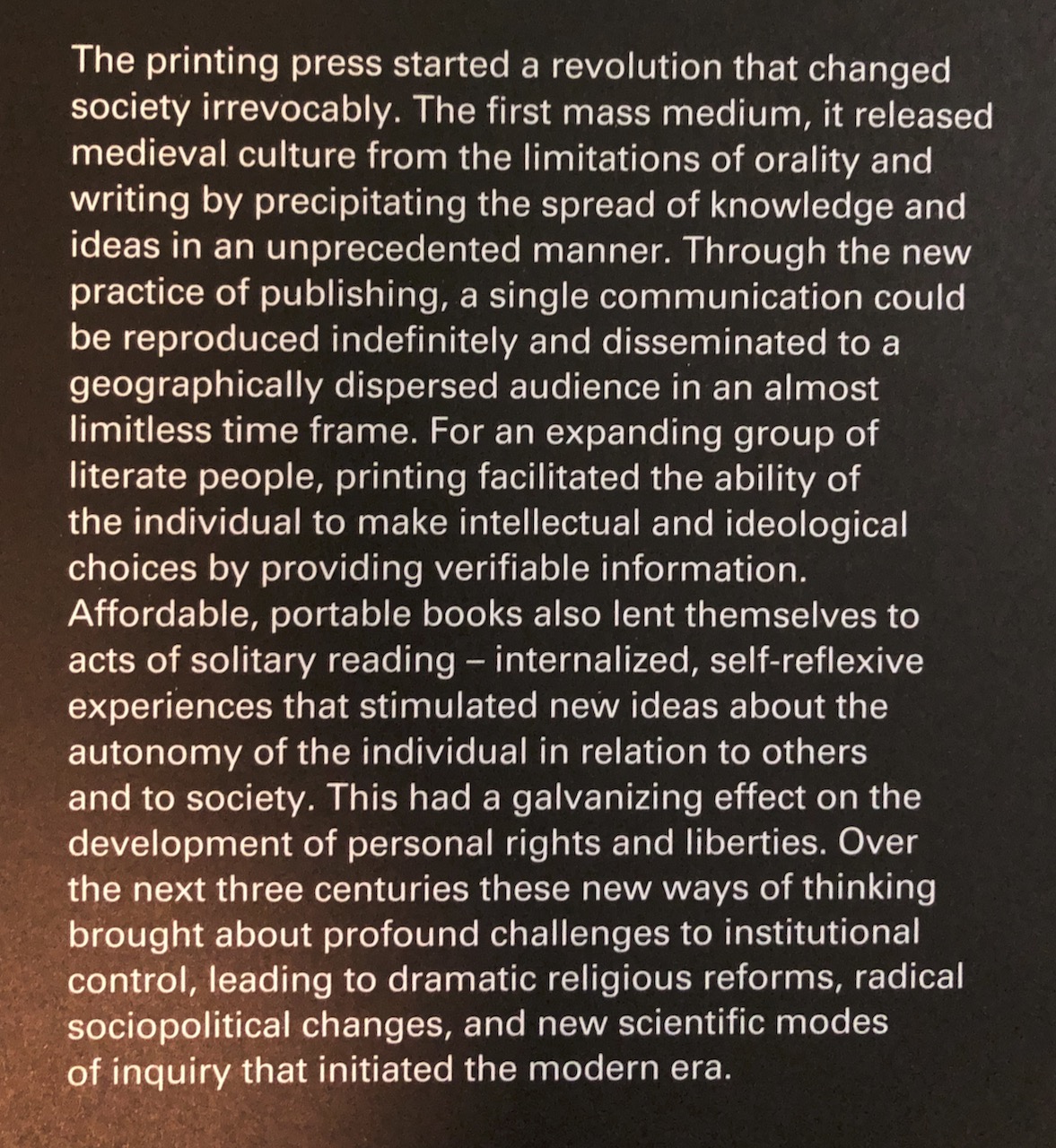
The Solitary Act of Reading
For centuries the act of reading, thinking and reacting have been, at their core, solitary phenomena. If you read a book and wanted to respond publicly to it you would write a book of your own, or at least a pamphlet or publicly printed letter. It has only been since the advent of social media that we have undertaken a sort of communal processing of ideas in real-time. What was once a singular, slow process is now fraught with a performative element that runs counter to contemplation. The reading, reacting, and public posting are compressed into a timeline driven by the pace of a medium where quick reactions and hot takes are rewarded above contemplative analysis.
If we are to gain any lasting benefit from the ideas we expose ourselves to, we must also reserve for ourselves the time to understand, absorb, and analyze them. This is essentially a private, internal process that allows us to weigh and measure ideas and opinions, hidden from public opinion until we have developed the confidence to accept, reject or modify what we have read. Going through this process helps us ensure that our thoughts and opinions are our own and not formulated to garner a particular reaction from others, whether that reaction be acclaim, shock or delight.
Opinions stated publicly simply for the reaction they instigate in others are not statements that can be evaluated as the product of reason but can only be evaluated as performances. We must critique these statements as we would those of an actor. We do not laud the thespian for his wit or intelligence but only for their ability to provoke emotions of one particular kind or another. Social media has made both performers and audience of us all simultaneously. Our individual facilities of reason are in danger of being replaced by an instinct for what will constitute the best performance in front of those we identify either with or against online.
Reposts are no replacement for genuine wit. Thumbs up or down are no replacement for a thoughtful response. “Owning” one side or the other in a comment section is no replacement for civil debate. There is a time and place for public debate and stated opinions, but these cannot be confused with an instinctual twitch of the finger on the “like” or “share” button.
Reading, thinking, and understanding are solitary efforts with their own settings, timeframes, and outcomes. Enjoy!

